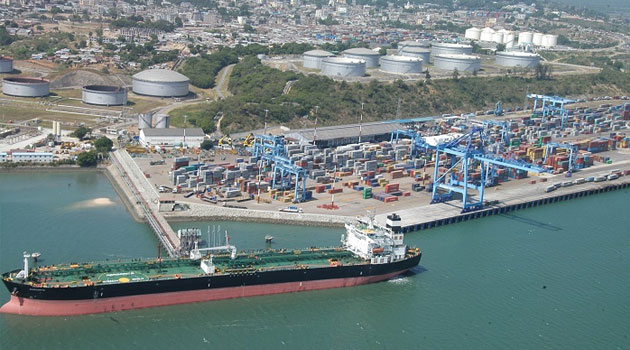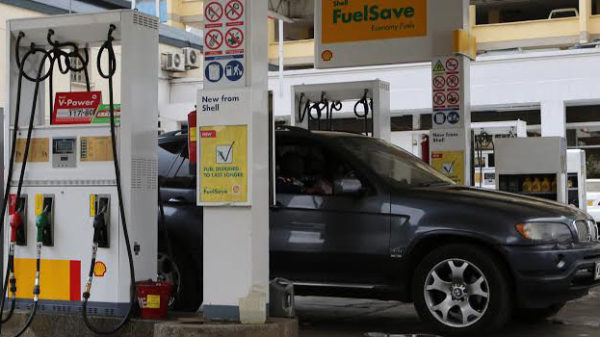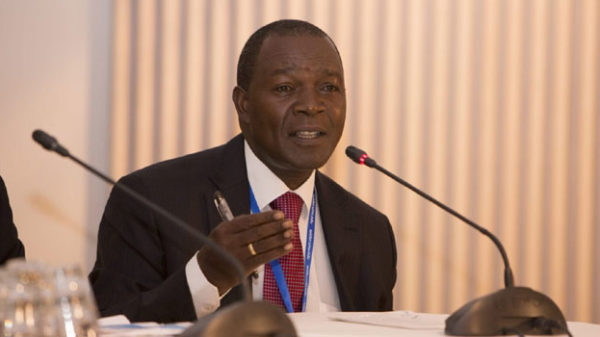NAIROBI, Kenya Oct 13 – The National Assembly Finance Committee has proposed the capping of the number of days within which shipping vessels offloading fuel must be discharged to address spiraling demurrage charges which partly contribute to the high cost of fuel.
The parliamentary committee chaired by Homa Bay Woman Representative Gladys Wanga however did not submit a legislative framework to achieve the proposal, instead recommending the adoption of a policy directive by the Ministry of Petroleum and Mining.
The committee’s report tabled on Tuesday is due for consideration by Members of the National Assembly.
Demurrage is the charge that is based on the time a vessel takes to offload fuel at the Mombasa Port Kipevu Oil Terminal (KOT) for storage by Kenya Pipeline Company.
“The number of days that a ship can stay at the KOT be specified as is the case with Shimanzi Oil Terminal in order to reduce the amount of demurrage paid per ship,” the report recommended.
The Energy Petroleum Regulatory Authority (EPRA) had told the committee that the Ministry of Petroleum had given a policy directive which required importers discharging fuel at the Shimanzu Oil Terminal or any other private jetty to be paid demurrage charges for 10 days after the lapse of the 48-hour time-frame beyond which importers are required to foot the expenses.
“The fuel pricing formula be amended to make demurrage a standalone factor of calculation of the price of fuel as opposed to the current scenario where it is factored in the landing costs,” stated the report.
Inordinate delays in the processing of shipping vessels were cited as a major contributor to spiraling fuel costs with the taxpayer footing hefty bills as a result of operational inefficiencies resulting from breach of demurrage agreements.
With the existing charter imposing a USD45,000 daily rate for vessels not cleared within the agreed timeline of 48 hours, Kenya Pipeline Company (KPC) spends an estimated Sh11o million monthly to clear demurrage charges for delayed vessels.
EPRA on Tuesday told the National Assembly Committee on Finance that operational inefficiencies by the Kenya Ports Authority (KPA) and KPC had in recent months derailed the offloading of fuel at the port of Mombasa.
“There is an opportunity to do better but as of now we have operational challenges in relations to KPA and KPC. If you are going to discharge fuel into the system you are just bound to create space. We also have issues on management of the board at KPA which I don’t have the mandate to speak into,” EPRA Director General Daniel Kiptoo said.
To address the inefficiencies, the report committee recommended the fast-tracking of the Kipevu Oil Terminal II construction so as to reduce the demurrage costs.
The terminal is expected to have four berths capable of handling the import and export of five different hydrocarbon products which include crude oil, heavy fuel oil, LPG and three types of white oil products.
KOT can only handle one oil tanker which proves to be detrimental to the fuel consumers in the country who have to pay delay costs for offloading petroleum products to shipping vessels.
The Kipevu terminal, built in 1963, lacks capacity to meet East Africa’s demand for oil products estimated at 450 million litres a month.
KOT handles over 90 per cent of the country’s imports, some are transit products for Uganda, Northern Tanzania, Rwanda, Burundi, Eastern DRC, and South Sudan.
Details from the Ministry of Petroleum indicate that seven shipping vessels are allowed to import fuel into the country within a month.
However, the current structure cannot accommodate the imported fuel capacity in time and so the shipping vessels are technically paid delay costs.
KPC’s oil jetty in Mombasa only has the capacity to hold fuel supplies for seven to ten days, a situation which triggers further delays.
























































